King Of Gambling, Stanley Ho dies at the age of 98
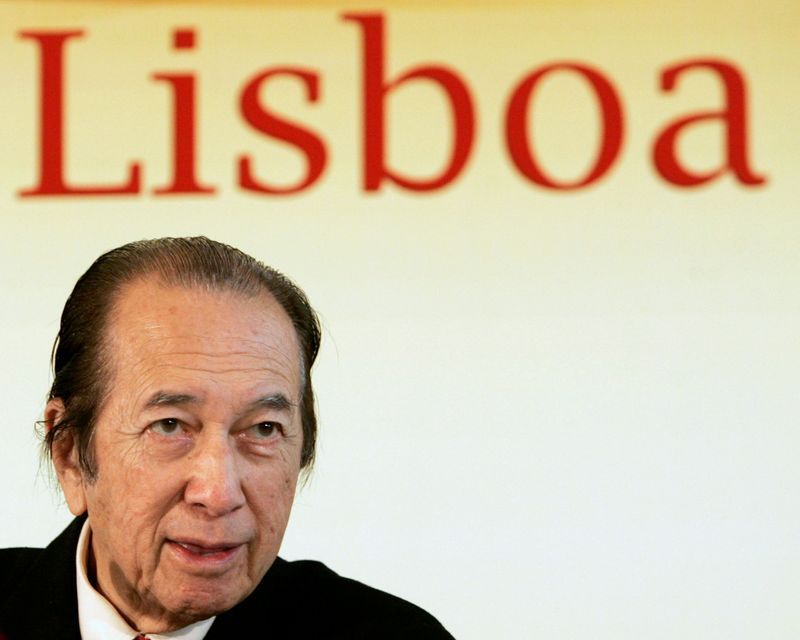
Hong-Kong King of Gambling, Stanley Ho, the patriarch behind the largest gaming empire in Asia, has died at the age of 98.
Ho built a casino empire in the Chinese territory of Macau through his flagship firm, SJM Holdings, that helped transform the former Portuguese colony into the world’s biggest gambling hub.
Before stepping down as chairman of SJM in 2018, Ho had divided up his empire among his various family members. Ho called four different women his wives and fathered at least 17 children, several of whom now sit at the helm of companies that account for half of Macau’s six gaming licenses.
Pansy Ho, the eldest daughter with his second wife, was once ranked the richest woman in Hong Kong before her fortune declined to its current level of $3.7 billion. She had replaced her father as chairperson of Shun Tak Holdings, a real estate developer that runs ferries between Hong Kong and Macau and also operates hotels. Her sister Daisy Ho became the chairperson of SJM when their father retired from the position two years ago.
Lawrence Ho, his son also from his second wife, controls Nasdaq-listed casino operator Melco Resorts via Hong Kong-listed Melco International Development. His net worth is currently estimated at $2 billion.
Angela Leong, SJM’s co-chair and second-largest shareholder whom Ho referred to as his fourth wife, has a net worth estimated at $3.2 billion.
Nicknamed the “King of Macau,” Ho was the great-nephew of Sir Robert Hotung, a prominent early 20th-century Hong Kong businessman and philanthropist who held the distinction of being the first Chinese person to live on the city’s prestigious Victoria Peak.
Although he was born into a family of wealth and privilege, Ho would experience poverty by the time he was in his teens. When the Japanese invaded Hong Kong in 1941, Ho fled to Macau where he made his first fortune smuggling goods into China.
In 1962, Ho, together with a group of investors, won the exclusive right to run all of Macau’s gambling operations until 2001. SJM redefined the city’s skyline when it completed the Grand Lisboa in 2007, a 48-story tower said to be shaped like a lotus flower.
After Macau was handed back to China following more than 400 years of Portuguese rule, gaming licenses were awarded to SJM along with Galaxy Entertainment Group, Melco Resorts & Entertainment, MGM China Holdings, Sands China and Wynn Macau.
Ho first appeared on the Forbes rankings of the World’s Billionaires in 1992 with a net worth of at least $1.1 billion. He was a longtime fixture on the lists until his last appearance in 2011, when his fortune was reduced through a series of share transfers to family members that sparked a public feud over control of his empire.
Ho, who had suffered a head injury in an accident at home in mid-2009 that required brain surgery, said that he wanted his fortune divided equally between the four branches of his family. A few months later, they said the dispute had been fully resolved.
The flamboyant tycoon had been a lavish spender and avid ballroom dancer, but his declining health in recent years limited his public appearances. He is survived by three of his wives—Lucina Laam, Ina Chan and Angela Leong. His first wife, Clementina Leitão, passed away in 2004 at the age of 80.
Life Of Ho (1921-2020)
Born in 1921 as part of the Ho Tung clan, one of Hong Kong’s most prestigious families, Mr. Ho faced hardship early in life when his father Robert Ho-tung had lost his fortune during the great depression and abandoned his family. Two of Ho’s brothers committed suicide.
Ho won a scholarship to study in Hong Kong University but was forced to abandon his plans when World War 2 forced his family to flee from the Japanese to Macau. Ho began working at a Japanese owned import-export firm in Macau and made his first fortune smuggling luxury goods into China in World War 2. He later set up a kerosene company in 1943 and profited from the post-war construction in Hong Kong.
In 1962, Stanley Ho won monopoly rights over gambling in Macau as part of a consortium with Teddy Yip, Yip Hon, and Henry Fok, taking over a monopoly that was held by Tai Hing Company since 1934.
Ho dominated the former Portuguese colony’s gaming market for decades when it was a sleepy backwater overshadowed by nearby Hong Kong, and then successfully repositioned his business empire after the entrance of new concessionaires in 2001 quickly transformed Macau into the world’s largest gambling centre. He had been in poor health and out of the public eye for many years before his death.
A grandnephew of the Eurasian comprador Robert Hotung, Ho was born into one of Hong Kong’s most prominent families of the prewar era. But he made his own fortune and forged his formidable reputation in nearby Macau, where beginning in 1961 he was granted the monopoly over the then Portuguese colony’s gambling industry.
Ho’s death comes at a critical juncture for his family’s commercial empire and its flagship holding company, Sociedade de Turismo e Diversões de Macau, as it battles a host of keen competitors including companies owned by US tycoons Steve Wynn and Sheldon Adelson. All of Macau’s casino licenses will be up for renewal in 2022.
His children Lawrence and Pansy also secured their own concessions with overseas partners when the market was liberalized, further cementing the Ho family’s dominance over the enclave.
With little money but a wealth of family connections, the bilingual Ho thrived. In the interview, he recalled studying Japanese with an Imperial Army officer — a Colonel Sawa — and teaching him English in neighboring Zhuhai; battling South China Sea pirates during trading runs to Free China; and, after the war, circumventing the UN’s Korean war blockade on communist China. His exploits running the blockade made him a patriot in Beijing’s eyes — a reputation that he cherished.
In 2007, Ho acquired a bronze horse head that had been looted from Beijing’s Summer Palace in 1860 by an Anglo-French invasion force. He later donated it to China’s cultural heritage administration. Ho’s acquisition of Macau’s sole gaming license in 1961, financed in part by fellow Hong Kong tycoon Henry Fok, set him on course to become one of Asia’s richest men. Fok, who passed away in 2006, and the late Cheng Yu-tung, another Hong Kong tycoon, were both major shareholders in STDM.
Ho retired as Chairman and Executive Director and as a member of the Executive Committee of the Board of the Sociedade de Jogos de Macau (SJM Holdings) on June 12, 2018.
















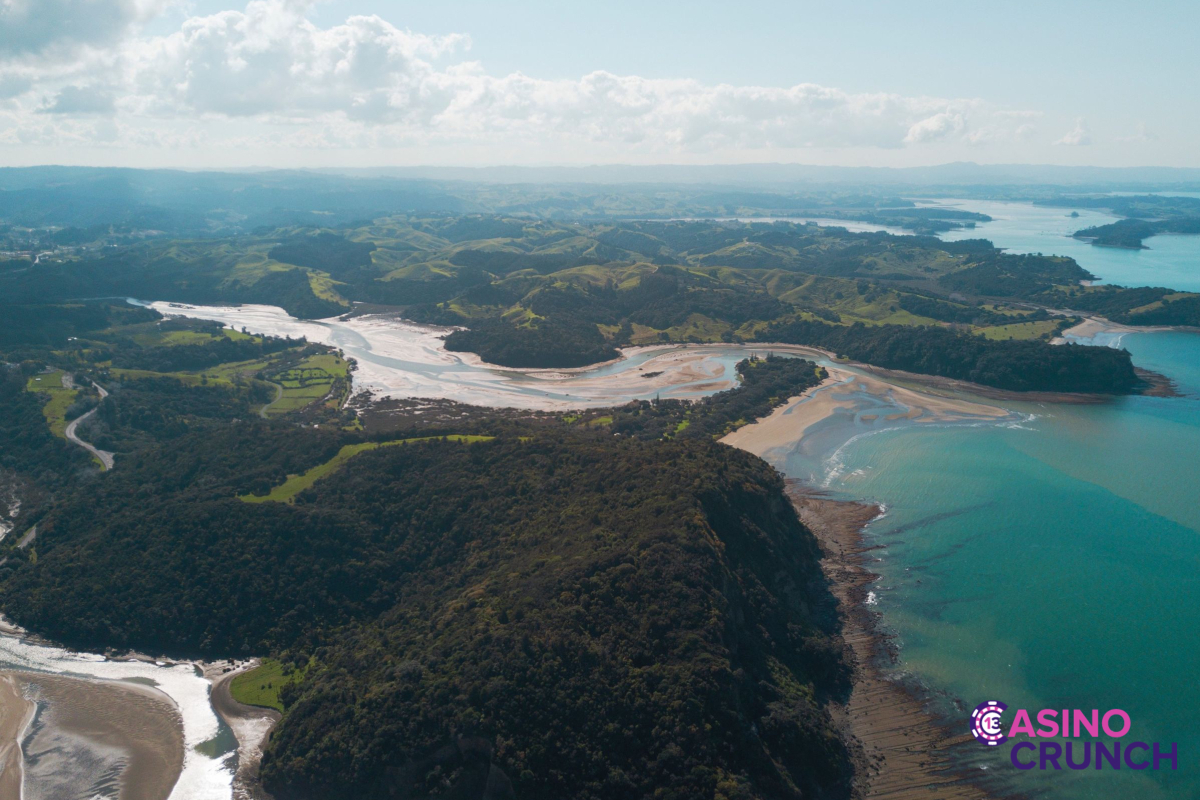
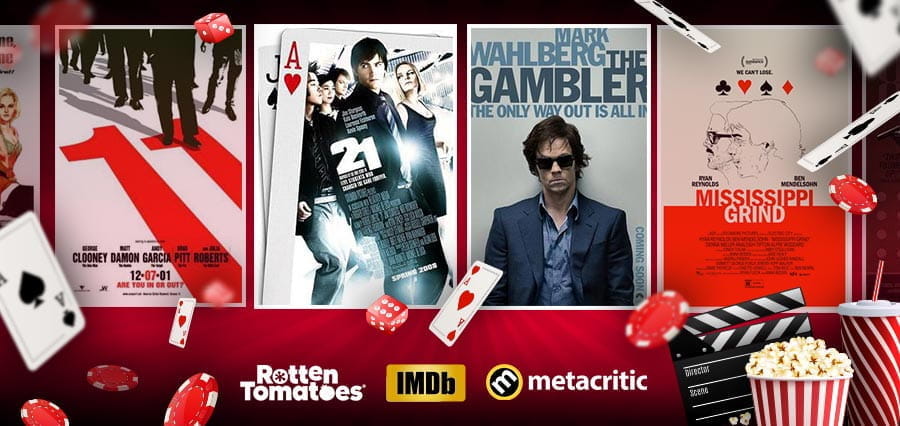
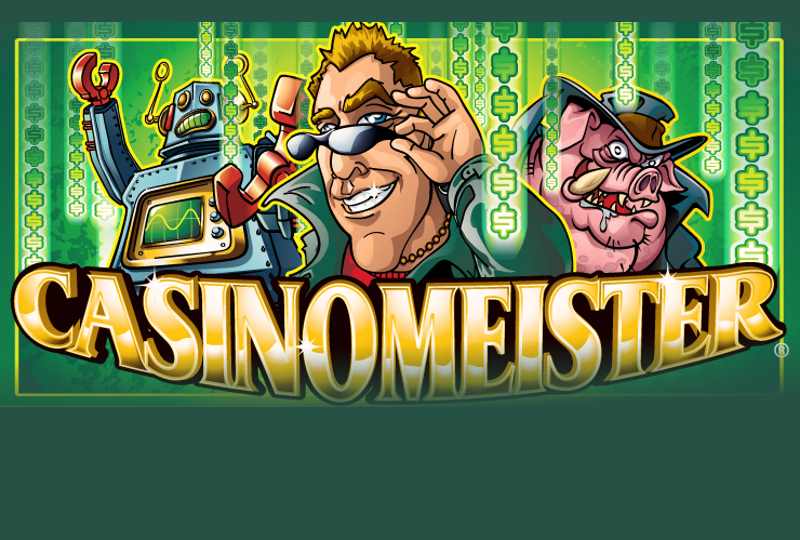
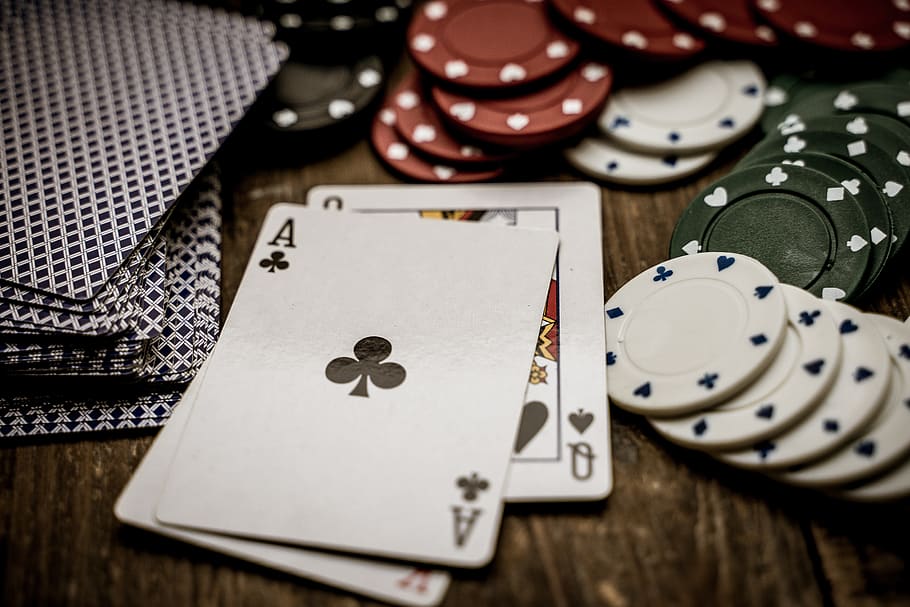
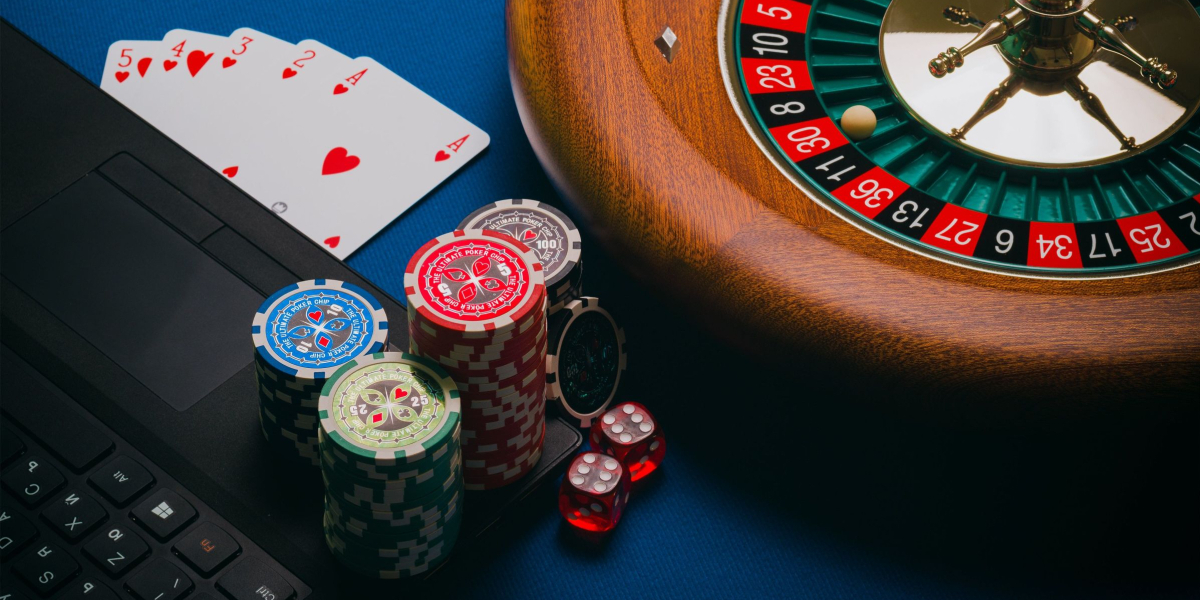













Comments (0 comment(s))